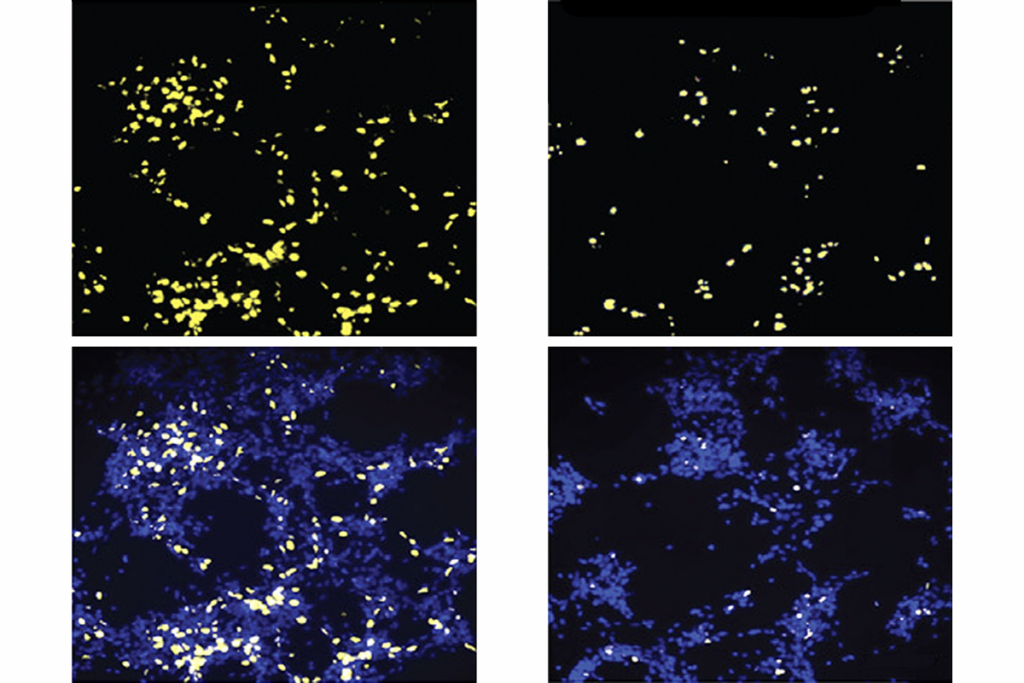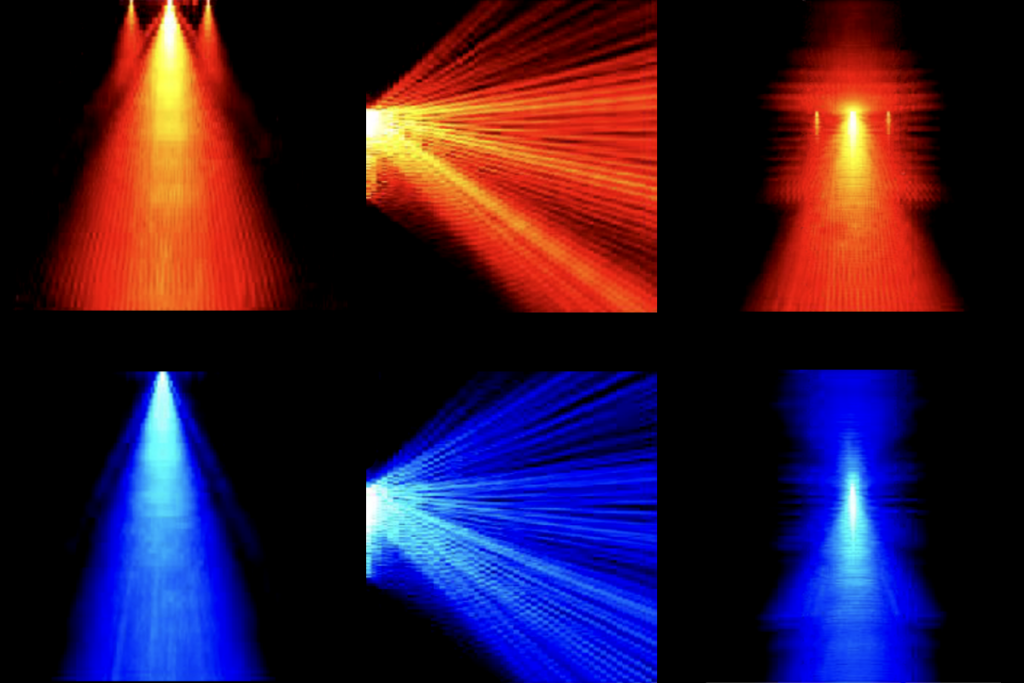2013: Year in review
Recent articles
Lab Libs 2013: A playful look back and ahead
What would you do with a carload of money? Which scientist secretly wants to be an NFL coach? Autism researchers fill in the year’s blanks … Mad Libs-style. Read and submit your own.

Lab Libs 2013: A playful look back and ahead
What would you do with a carload of money? Which scientist secretly wants to be an NFL coach? Autism researchers fill in the year’s blanks … Mad Libs-style. Read and submit your own.
Top quotes of 2013
Our favorite quotes from autism researchers in SFARI.org articles throughout the year.

Top quotes of 2013
Our favorite quotes from autism researchers in SFARI.org articles throughout the year.
Photographs: On the spectrum
In her quest to capture people's true selves on film, the photographer Stacie Turner launched a project focusing solely on children with autism.

Photographs: On the spectrum
In her quest to capture people's true selves on film, the photographer Stacie Turner launched a project focusing solely on children with autism.
Notable papers of 2013
Our annual list of the most influential papers in the autism field is culled from suggestions solicited from SFARI staff, as well as from experts in the field. Below is a selection of just some of these papers, presented in chronological order.

Notable papers of 2013
Our annual list of the most influential papers in the autism field is culled from suggestions solicited from SFARI staff, as well as from experts in the field. Below is a selection of just some of these papers, presented in chronological order.
Director’s column: 2013 in review
The past half-decade has seen dramatic advances in our understanding of the complexity of genomic variation in autism. Several papers published this year increase our knowledge of relevant genetic variation and indicate where in the brain these variants alter brain function to cause autism-like behaviors, says Louis F. Reichardt.

Director’s column: 2013 in review
The past half-decade has seen dramatic advances in our understanding of the complexity of genomic variation in autism. Several papers published this year increase our knowledge of relevant genetic variation and indicate where in the brain these variants alter brain function to cause autism-like behaviors, says Louis F. Reichardt.
Top tools and techniques of 2013
In 2013, neuroscience sought clarity, whether by looking directly into a transparent brain, building neurons in the dish with greater precision and accuracy than ever before, or manipulating a mouse’s brain while it’s on the run.

Top tools and techniques of 2013
In 2013, neuroscience sought clarity, whether by looking directly into a transparent brain, building neurons in the dish with greater precision and accuracy than ever before, or manipulating a mouse’s brain while it’s on the run.
Most-viewed articles of 2013
This is a list of the ten stories that most caught our readers’ attention this year.

Most-viewed articles of 2013
This is a list of the ten stories that most caught our readers’ attention this year.
Hot topics in 2013
This year saw the emergence of a few unexpected twists in autism research, and provided fresh insights into some of the usual suspects. Based on suggestions from several researchers and SFARI staff, here’s our list of the top ten topics this year.

Hot topics in 2013
This year saw the emergence of a few unexpected twists in autism research, and provided fresh insights into some of the usual suspects. Based on suggestions from several researchers and SFARI staff, here’s our list of the top ten topics this year.
Explore more from The Transmitter
Documenting decades of autism prevalence; and more
Here is a roundup of autism-related news and research spotted around the web for the week of 28 April.

Documenting decades of autism prevalence; and more
Here is a roundup of autism-related news and research spotted around the web for the week of 28 April.
‘Perturb and record’ optogenetics probe aims precision spotlight at brain structures
The tool provides a new way to characterize cells and study neuronal circuits.

‘Perturb and record’ optogenetics probe aims precision spotlight at brain structures
The tool provides a new way to characterize cells and study neuronal circuits.
Tracking single neurons in the human brain reveals new insight into language and other human-specific functions
Better technologies to stably monitor cell populations over long periods of time make it possible to study neural coding and dynamics in the human brain.

Tracking single neurons in the human brain reveals new insight into language and other human-specific functions
Better technologies to stably monitor cell populations over long periods of time make it possible to study neural coding and dynamics in the human brain.